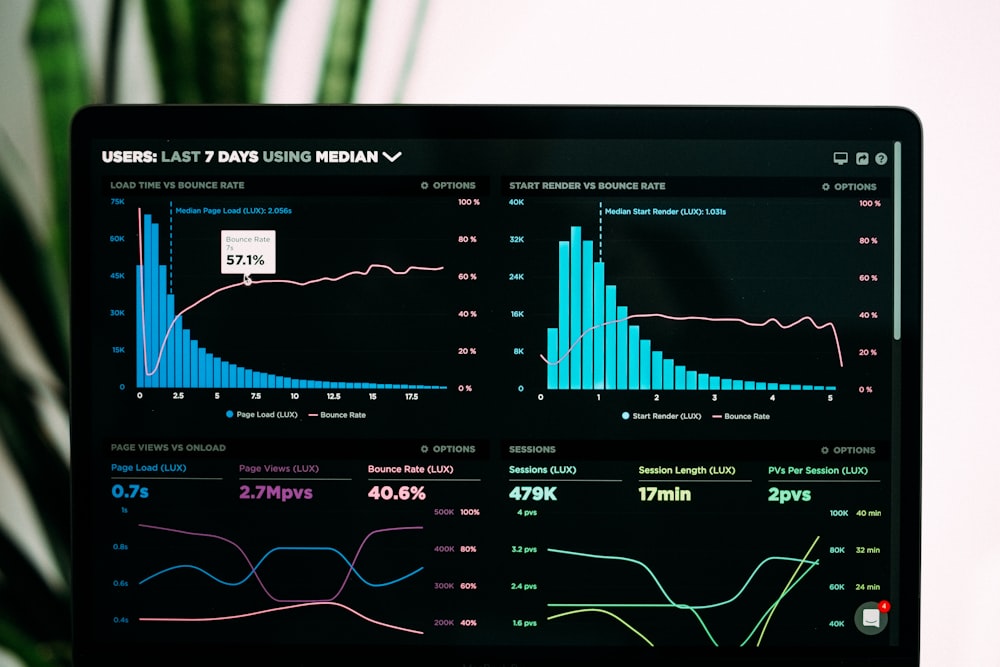Free Canonical Tag Generator Tool
Create SEO-friendly canonical tags in seconds to eliminate duplicate content issues and boost your search rankings. Used by thousands of SEO professionals worldwide.

Generate Your Canonical Tag
Specify the canonical URL for your page to help search engines understand which version of content to prioritize in search results.
Configuration Options
Generated Canonical Tag
Why Canonical Tags Matter for SEO
Canonical tags solve critical SEO problems and help search engines understand your content structure.
Prevent Duplicate Content
Canonical tags help search engines identify the original version of content when multiple similar pages exist.
Consolidate Link Equity
All link signals (PageRank) are consolidated to your preferred URL, boosting its ranking potential.
Improve Crawl Efficiency
Search engines spend less time crawling duplicate content, focusing on your unique pages instead.
Solve Mobile/Desktop Issues
Properly implemented canonical tags resolve indexing issues between mobile and desktop site versions.
Video Tutorial
Watch how to use canonical tags to improve your SEO
Get Indexed Faster
Follow these steps to ensure your pages get indexed quickly by search engines
Submit Sitemap
Submit your XML sitemap to Google Search Console for faster discovery.
Internal Linking
Create a strong internal linking structure to help crawlers find your pages.
Social Sharing
Share your content on social media to increase visibility and crawl rate.
Fast Loading
Optimize page speed to help crawlers process your content faster.
People Also Search For
Related SEO topics and questions
Canonical Tags
Blogger SEO
Optimize for Google Discover
Follow these best practices to increase your chances of appearing in Google Discover and reaching millions of potential readers.
High-Quality Content
Create original, compelling content that provides value to readers.
Engaging Visuals
Use high-quality images (1200px width minimum) with proper alt text.
Mobile Optimization
Ensure your site loads quickly and looks great on mobile devices.
Proper Metadata
Use clear titles, descriptions, and canonical tags for all pages.
The Ultimate Guide to Canonical Tags: SEO Best Practices
Canonical tags (rel="canonical") are a critical SEO element that help search engines understand which version of a page should be considered the "main" version when duplicate or similar content exists. Proper implementation can significantly impact your search rankings and organic traffic.
What Are Canonical Tags?
A canonical tag is an HTML element that tells search engines which version of a URL is the preferred version to appear in search results. It's implemented as a link tag in the <head> section of a web page:
This simple tag solves one of the most common SEO problems - duplicate content. When search engines find multiple pages with identical or very similar content, they may:
- Choose a version arbitrarily to display in results
- Split ranking signals between duplicates
- Waste crawl budget on duplicate pages
- Index the wrong version of your content
When to Use Canonical Tags
Canonical tags are essential in these common scenarios:
- URL Parameters: Ecommerce sites with filtering options (color, size, price) that create multiple URLs for the same product
- Session IDs: Websites that add session parameters to URLs for tracking
- HTTP/HTTPS: Having both secure and non-secure versions of pages
- WWW/Non-WWW: When both www and non-www versions are accessible
- Printer-Friendly Pages: Alternate versions designed for printing
- Mobile/Desktop: Separate URLs for mobile and desktop experiences
- Cross-Domain Duplication: When the same content appears on multiple domains
Special Considerations for Blogger
Blogger users should pay special attention to these points:
- Default Canonicals: Blogger automatically adds self-referencing canonical tags
- Custom Domains: Ensure canonical tags point to your custom domain, not the blogspot.com version
- AMP Pages: Make sure AMP versions properly reference the canonical URL
- Pagination: Avoid canonicalizing all paginated pages to the first page
Google Discover Optimization
To increase your chances of appearing in Google Discover:
- Publish fresh, timely content on trending topics
- Use high-quality, engaging images
- Write compelling titles that accurately represent content
- Ensure your site is mobile-friendly and fast-loading
- Follow Google's content policies and quality guidelines
By using our MarketOnline7 Canonical Tag Generator, you can create perfectly optimized canonical tags that follow all SEO best practices and help your content rank higher in search results.








